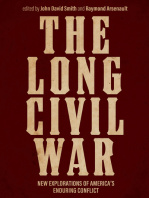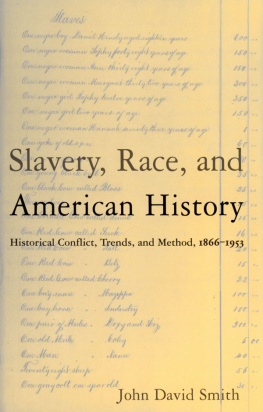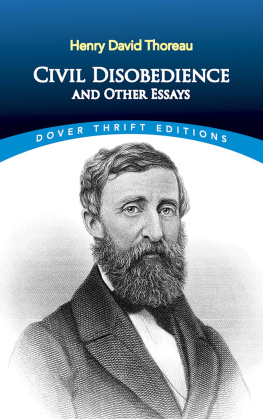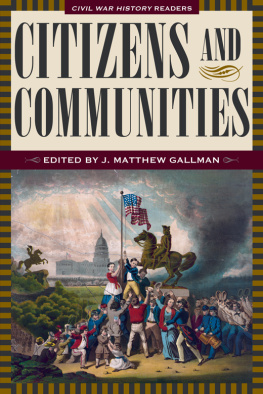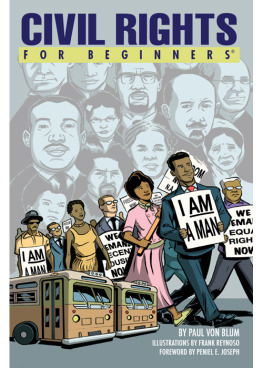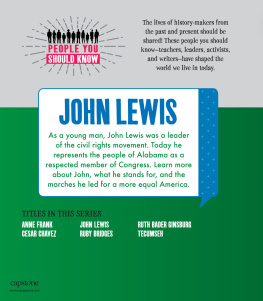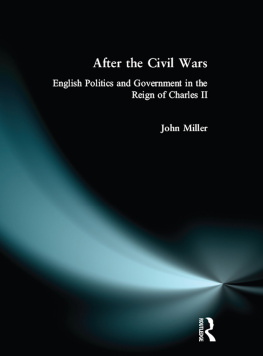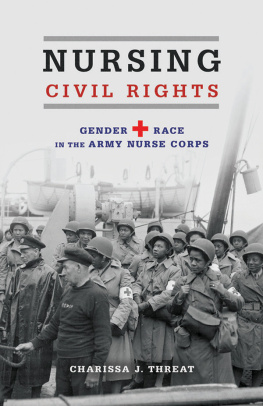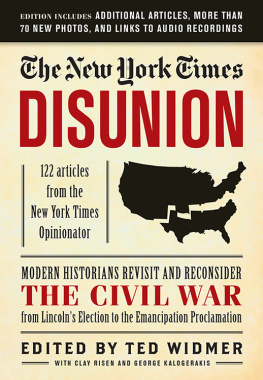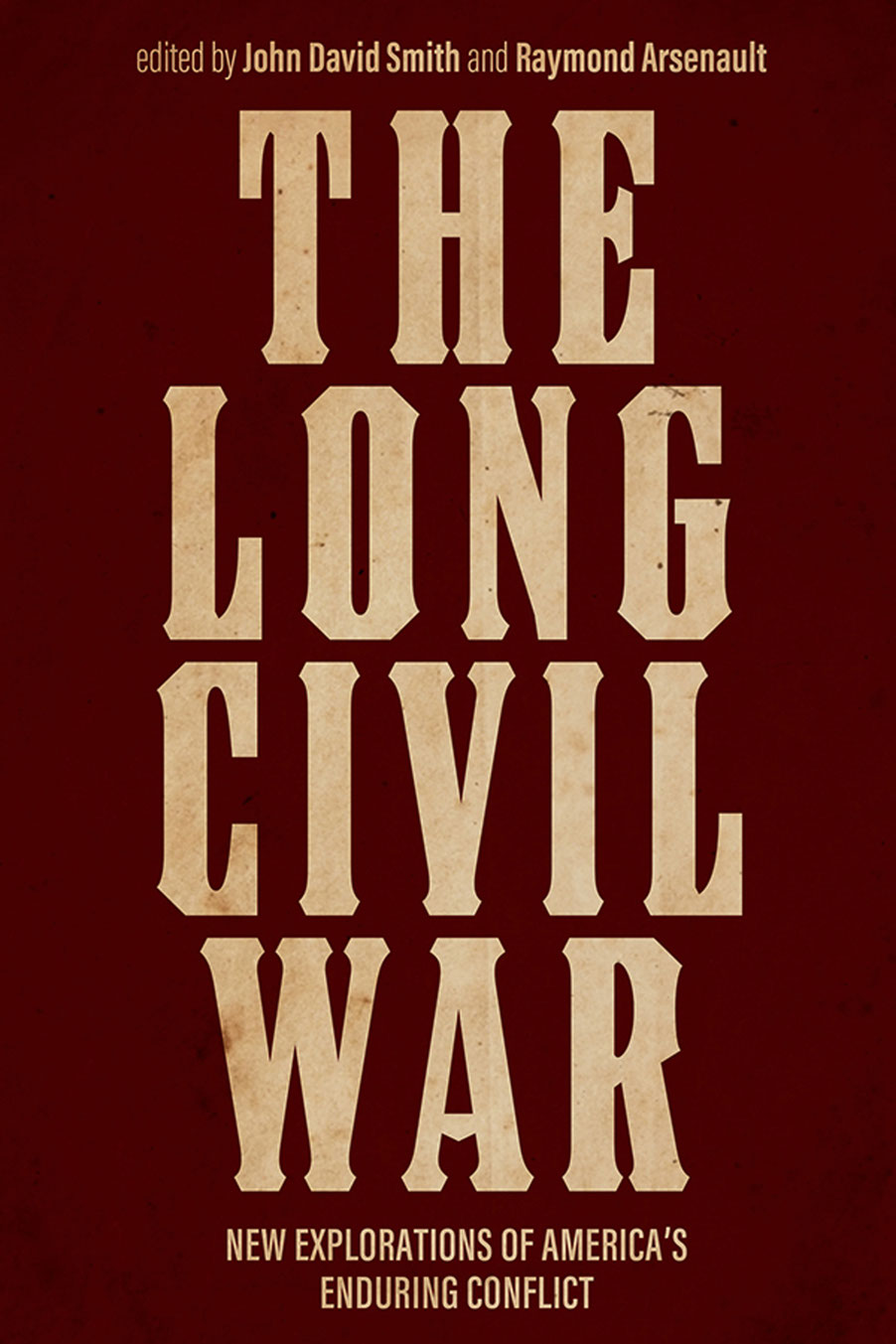
The Long Civil War
The Long Civil War
New Explorations of Americas Enduring Conflict
Edited by
John David Smith and Raymond Arsenault

Copyright 2021 by The University Press of Kentucky
Scholarly publisher for the Commonwealth,
serving Bellarmine University, Berea College, Centre
College of Kentucky, Eastern Kentucky University,
The Filson Historical Society, Georgetown College,
Kentucky Historical Society, Kentucky State University,
Morehead State University, Murray State University,
Northern Kentucky University, Spalding University,
Transylvania University, University of Kentucky,
University of Louisville, and Western Kentucky University.
All rights reserved.
Editorial and Sales Offices: The University Press of Kentucky
663 South Limestone Street, Lexington, Kentucky 40508-4008
www.kentuckypress.com
Library of Congress Cataloging-in-Publication Data
Names: Smith, John David, 1949 editor. | Arsenault, Raymond, editor.
Title: The long Civil War : new explorations of Americas enduring conflict / edited by John David Smith and Raymond Arsenault.
Description: Lexington, Kentucky : The University Press of Kentucky, [2021] | Series: New directions in Southern history | Includes index.
Identifiers: LCCN 2021006479 | ISBN 9780813181301 (hardcover) | ISBN 9780813181318 (pdf) | ISBN 9780813181325 (epub)
Subjects: LCSH: United StatesHistoryCivil War, 18611865Influence. | United StatesHistoryCivil War, 18611865Social aspects. | United StatesHistoryCivil War, 18611865Historiography.
Classification: LCC E468.9 .L65 2021 | DDC 973.7/1dc23
LC record available at https://lccn.loc.gov/2021006479
This book is printed on acid-free paper meeting
the requirements of the American National Standard
for Permanence in Paper for Printed Library Materials.

Manufactured in the United States of America.
| Member of the Association of University Presses |
The contributors dedicate this book to Professor Randall M. Miller of St. Josephs Universityscholar, teacher, mentor, friend. His unfailing generosity and uncommon wisdom have touched all of our lives.
Contents
Daniel Kilbride
Stanley Harrold
Paul A. Cimbala
Diane Miller Sommerville
James R. Hedtke
John David Smith
James Oliver Horton and Lois E. Horton
Stephen J. Whitfield
Michael J. Birkner
Raymond Arsenault
Introduction
In 1873, four years before what historians consider the official end of Reconstruction, Mark Twain wrote that the Civil War era already had become a historical perennial. History, Twain wrote, is never done with inquiring of these years, and summoning witnesses about them and trying to understand their significance. The nine years between South Carolinas secession in 1860 and the election of Ulysses S. Grant as president in 1868 signified a watershed in American history. Twain, who served the Confederacy briefly in the Marion Rangers, a ragtag unit of the Missouri State Guard, recalled that the war uprooted institutions that were centuries old, changed the politics of a people, transformed the social life of half the country, and wrought so profoundly upon the entire national character that the influence cannot be measured short of two or three generations. In fact, long after the passing of these generations the Civil War continues to grasp the national psyche with an almost religious intensity. One historian explains correctly that it took almost nine decades to eradicate slavery; and its direful legacies endure painfully alive today. The Long Civil War remains, according to another scholar, an unfinished process, The Undead War.
Contemporary historians and literary scholars continually expand the geographic, temporal, and thematic dimensions of the Civil War era, what an earlier generation of scholars termed the Middle Period of American history. No longer do they limit the Civil Wars meaning and range of impact to the antebellum decades, or from 1861 to 1865, or define the so-called Reconstruction period as covering the dozen years from 1865 to 1877. Rather, todays scholars increasingly follow Eric W. Hobsbawms lead in lengthening chronological boundaries, most notably his famous conceptualization of the long nineteenth century ranging backward and forward across time. Writing in 1975, in The Age of Capital, 18481875, Hobsbawm advised historians to frame the past within the context of their day. But they also should benefit from the wisdom of hindsight, which Hobsbawm considered the historians most powerful asset, for which any betting man and investor would give his eye-teeth, namely the knowledge of what actually happened later.
Heeding Hobsbawms advice, students of the so-called Long Civil War probe widely, deeply, and expansively, identifying progressions of subjects, themes, topics, and tropes that emerged decades before the secession crisis of 18601861 and lingered long after the last federal troops left the less-than-reconstructed South. Kevin Gannon has advocated expanding the historical periodization of the Civil War and its consequences. By doing so, he explains, It allows us to see the larger ways in which racial and racist ideologies shaped not only the pitched warfare of 18611865, but the violent struggles for mastery of much of North America in the surrounding decades. Similarly, in assessing nineteenth-century American literature, Cody Marrs has implored scholars to reconsider the 1865 divide that locks them in chronological segmentation and to reassess the writings of transbellum canonical authors whose periodic fluidity assists in explaining their connection to the Civil War and thereby recast[s] the historicity of the conflict. More recently Marrs has remarked that If we have learned anything from the recent waves of Americanist scholarship, it is that the borders that long organized literary-historical inquiry are far more unsettled than anyone knew.
In 2011 Aaron Sheehan-Dean sounded the call for an extended Civil War historiography. He implored scholars to broaden their focus, both temporally and spatially. For too long, Civil War historians have been justly criticized for writing within a deep but narrow and disconnected part of the larger community of scholars studying the United States. Sheehan-Dean proposes that much like those who study the Long Civil Rights Movement, students of the Civil War should reorient their historical vision, considering origins, sources, and evolutionary time scales that contribute to the dynamism of history. Doing so, he insists, would introduce more human stories that restore a crucial sense of contingency to the past and connects the pivotal changes of the era to the broader flow of human thought and action surrounding it.
Linking Civil Warera subjects to past and future projects broadens the importance of historians work. Subjects generally identified with the Civil War era, including nationalism, federalism, states rights, sovereignty, slavery, race, reconciliation, and proscription, resonate with Americans today who ponder such questions as reparations for slavery, racial injustice and violence, representation, ethnicity, national identity, and retaining or removing such controversial symbols of the American past as Confederate monuments and other signifiers. The Long Civil War thus enables twenty-first-century Americans to reflect on what in 1782 the French naturalized citizen J. Hector St. John Crvecoeur asked rhetorically, What then is the American ? In 1961, during the Civil War centennial, Robert Penn Warren, formerly US poet laureate, went so far as to assert that the imaginative appeal of the Civil War may be, in fact, the very ritual of being American.
Next page
